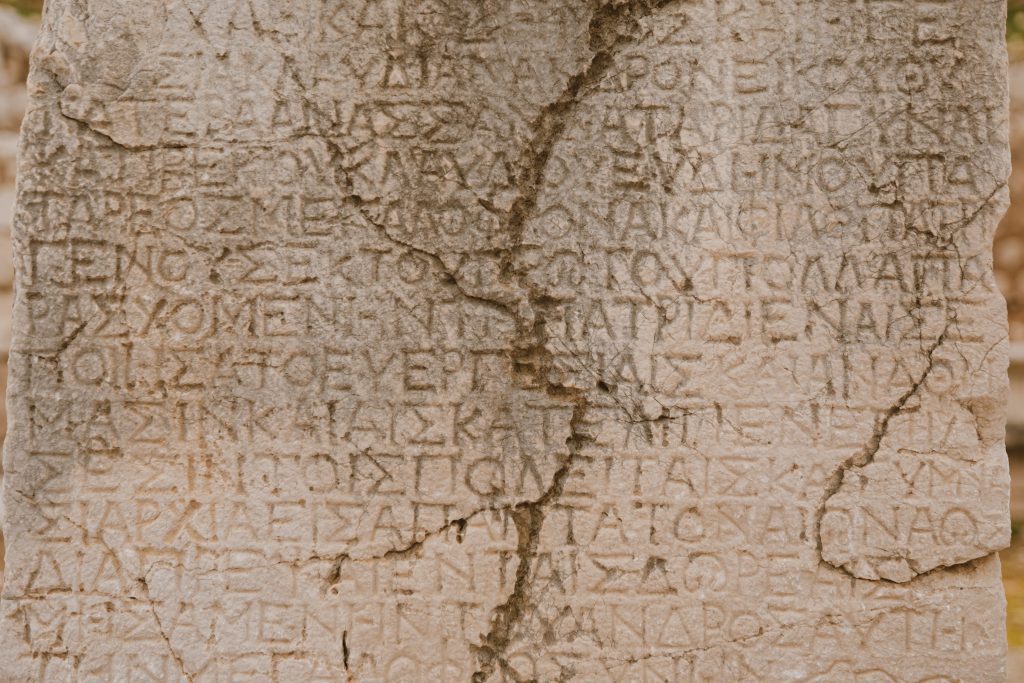Dead But Not Forgotten: The Legacy Of 3 Famous Dead Languages
Languages have been a crucial part of human communication for thousands of years. However, many languages have become extinct over time, and their use has dwindled to the point of non-existence.

Nevertheless, some languages continue to be famous and studied by scholars and enthusiasts worldwide, even though they are no longer spoken as living languages.
Here are three examples of such languages.
Latin
Latin is undoubtedly the most famous and widely studied dead language in the world. It was the official language of the Roman Empire and remained the dominant language in Europe for centuries after the fall of the empire. Latin is still used today in scientific, legal, and religious contexts.
One of the reasons for Latin’s continued fame is its influence on other languages, especially English. Many English words are derived from Latin, and knowing the language can help in understanding the meanings and origins of these words.
Latin is also the language of many famous works of literature, including the works of Virgil, Ovid, and Cicero.
Ancient Greek
Ancient Greek is another famous dead language that continues to be studied and admired by scholars worldwide. It was the language of ancient Greece and one of the most significant cultural and intellectual forces in Western history.

Greek literature, philosophy, and science have had a profound impact on the development of Western culture.
Ancient Greek is still studied today for its contributions to various fields, including philosophy, literature, and science. Many famous works of literature, including the Iliad and the Odyssey, were written in Ancient Greek, and knowledge of the language can provide insights into these works’ cultural and historical contexts.
Biblical Hebrew
Biblical Hebrew is the language of the Hebrew Bible, the sacred text of Judaism, and one of the most significant religious texts in the world. It is a complex and poetic language that has had a profound impact on the development of Western religious and cultural traditions.
Although Biblical Hebrew is no longer spoken as a living language, it is still studied by scholars and religious practitioners worldwide. Knowledge of the language can help in understanding the meanings and nuances of the biblical text and provide insights into the history and culture of ancient Israel.

While Latin, Ancient Greek, and Biblical Hebrew are no longer spoken as living languages, they continue to be famous and studied for their contributions to literature, culture, and history.
These languages serve as a reminder of the rich and diverse history of human language and the power that language has to shape our worldviews and cultural traditions.
